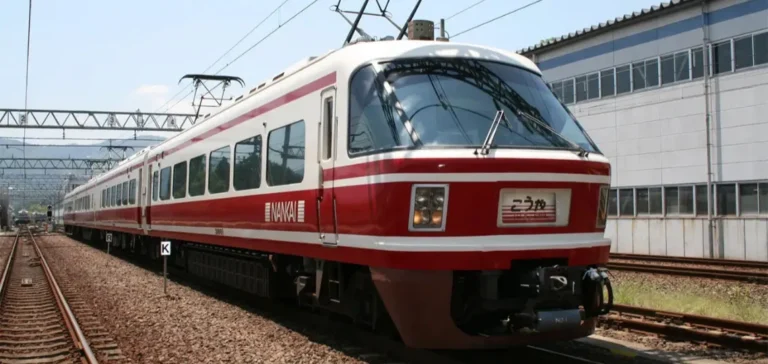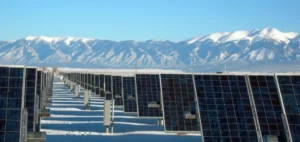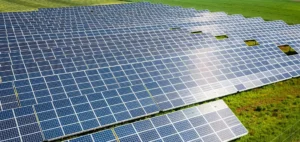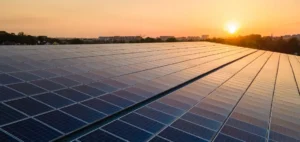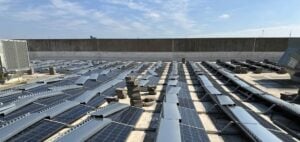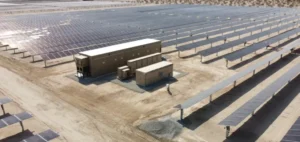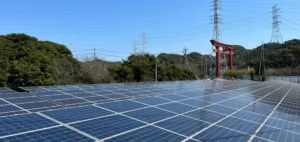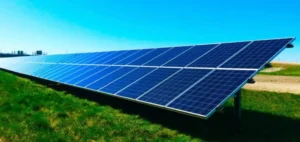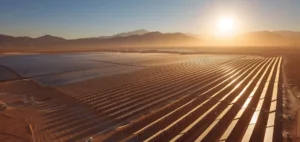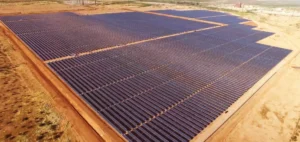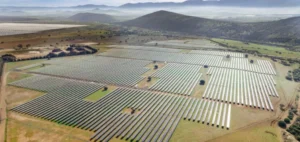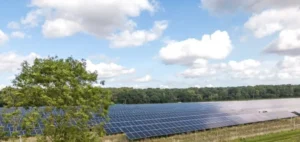Nankai Electric Railway has entered into an agreement to procure electricity from a 2MW floating solar power plant developed by Kyocera Environmental Power and Asset (Kyocera EPA) under a power purchase agreement (PPA) mediated by Kansai Electric Power. The plant will be built on a reservoir in Hyogo Prefecture, Japan. Supply is expected to begin in April 2026, with annual output projected at 2.65GWh.
The railway company plans to use the renewable electricity for operations on its Limited Express Kouya line as well as its GRAN Tenku sightseeing trains. This marks the first known PPA for Nankai Electric Railway, which until now had relied on a self-consumption model based on ground-mounted solar installations.
Energy supply diversification
Prior to this agreement, Nankai Electric Railway had developed a 3.7MWAC/5.6MWDC ground-mounted solar plant whose electricity was directly wheeled to its properties in Osaka through a partnership with the operator ENERES. Additionally, the company owns two solar power projects totalling 950kWAC, commissioned in 2013 and 2016 respectively, under Japan’s feed-in-tariff (FIT) scheme.
The use of a sleeved PPA, in which Kansai Electric Power acts as an intermediary to manage electricity delivery between the producer and the end user, enables Nankai to integrate off-site renewable energy while securing stable and predictable supply.
A growing model amid land constraints
Kansai Electric Power Company (Kansai EPCO) has previously participated in two other similar floating solar projects, including a 4MW agreement between Environmental Resources Development Consultant and Keihan Holdings, and a 2.3MW contract between construction firm Araigumi and Japan Railways West (JR West).
The development of floating solar power plants on reservoirs is expanding in Japan as suitable land for large-scale ground-mounted installations becomes increasingly scarce. Other regional utilities such as Shikoku Electric Power and Hokuriku Electric Power have adopted the model, as have independent developers including Taiyo Green Energy and Tekoma Energy.


